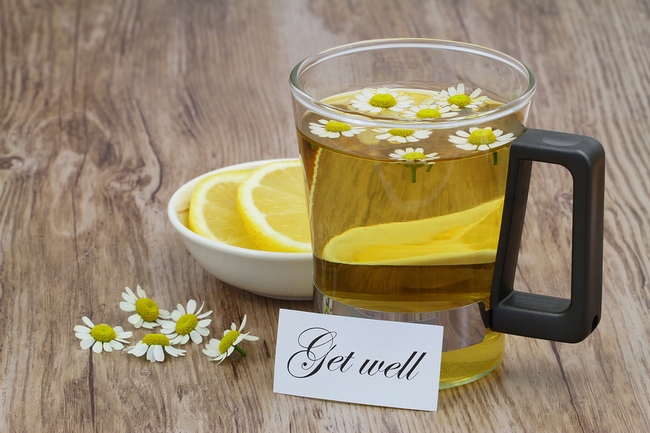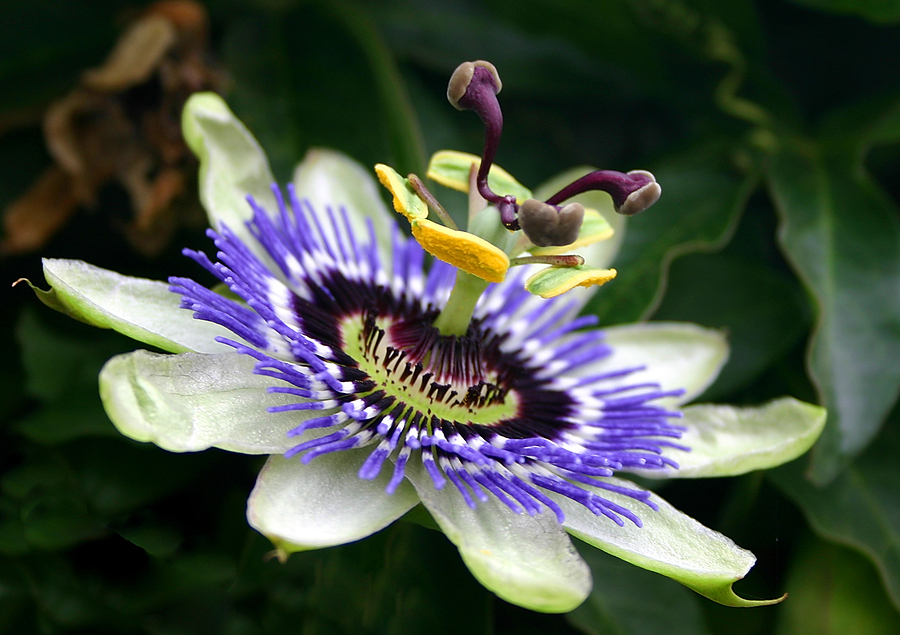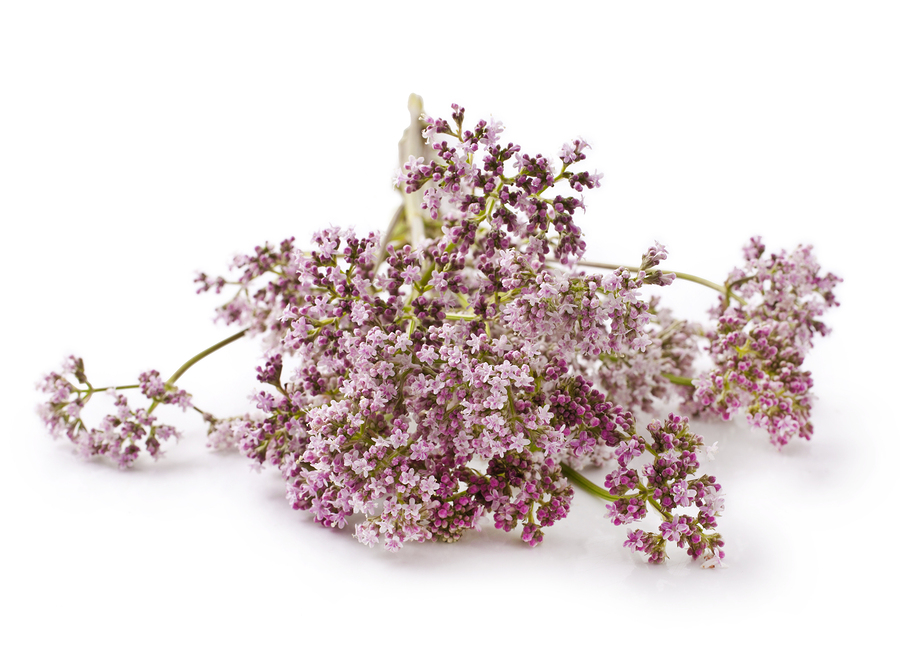- Make It Yourself Lavender Heart-Shaped Bath Bombs!
- 20 Things You Never Knew About “Down There”
- 12 Best Foods For Those Suffering From Arthritis Pain
- 12 Personal Hygiene Mistakes Almost Everyone Makes (Mom Never Told You About #4!)
- 15 Medicinal Plants And Herbs From The Cherokee People
- 12 Mind-Blowing Benefits Of Drinking Coconut Water During Pregnancy
- 12 Outstanding Winter Foods That Won’t Fatten You Up Like A Christmas Turkey
These Herbal Remedies Will Help You Get A Great Night’s Sleep!

Photo credit: bigstock.com
Anxiety and insomnia are all too common afflictions in this fast-paced world. Stress is unpleasant enough, and chronic stress and lack of seep can lead to health problems and have a deteriorating effect on quality of life. As with so many conditions, many people resort to over-the-counter or prescription drugs to help them relax or get more sleep. But these medicines come with risks of their own such as drowsiness, and some can be habit-forming.
The good news is that there are safe and natural alternatives to these pills that are inexpensive and easy to prepare. In this article, we’ll explore these options and show you how to benefit from these common herbs.
1. Chamomile tea
It is arguably the most well-known herbal tea used for relaxation. This tea isn’t technically “tea” per se. It does not come from the tea tree, but rather from the chamomile flower, which has a scent resembling that of an apple. It has been used for thousands of years for its calming effect on the body and mind and for inducing sleep. This is believed to be linked to a flavonoid found in chamomile called chrysin.
Chamomile has additional health benefits, such as its anti-inflammatory properties and use in treating indigestion. There are even some studies showing that it has cancer-fighting properties.
2. Hops as an herbal remedy
One insomnia cure that most people would never suspect is hops. That’s right: Hops as in barley hops from beer! While everyone knows what drinking a lot of beer will eventually make you sleepy, that’s actually the alcohol causing that effect. Alcohol consumption, however, produces hangovers, and alcohol-induced sleep actually suppresses REM (rapid eye movement) sleep, which leaves you feeling less rested than normal sleep does.
Continue to Page 2

Photo credit: bigstock.com
3. Passionflower
This herbal tea is another floral remedy for sleep troubles. It has been used for centuries to treat anxiety and insomnia, but it was not until recently that science uncovered the reasons for these benefits. A South African study conducted at the University of Johannesburg in 2008 found that adults who took passionflower extract experienced longer, deeper, and more rejuvenating sleep versus the control group. But why is this?
Passionflower contains phytochemicals that promote the release of a neurotransmitter called gamma-aminobutyric acid, or GABA. This particular neurotransmitter has an inhibitory effect on neural activity. What this means in plain English is that it calms the central nervous system and promotes feelings of relaxation. It also results in higher quality sleep. It was once believed that the flavonoids and alkaloids were the cause of passionflower’s sedative effect, but it turns out the effect is actually linked to a specific amino acid. Beta alanine plays a role in the synthesis of GABA in the brain. Consuming passionflower tea or extract therefore allows your brain to produce more GABA and gain more beneficial effects from it.
Interestingly, some anti-anxiety drugs like Xanax reduce anxiety the same way — by increasing levels of GABA in the brain. Isn’t it interesting how you can get many of the same benefits of powerful drugs from natural sources?
Continue to Page 3

Photo credit: bigstock.com
4. Valerian root
Using barely hops extract can help induce deep, restful sleep that leaves you feeling rejuvenated in the morning. Some alternative health specialists recommend combining it with valerian root extract to treat insomnia. Valerian is a powerful remedy for insomnia in its own right. It has sedative properties and has been used for thousands of years to improve sleep, and it appears to work in a similar manner to passionflower — by increasing levels of GABA in the brain. Valerian also allows GABA to work more effectively, since it inhibits the production of an enzyme that attacks GABA.
5. Lavender
Finally, you may want to consider lavender for improving the quality of your sleep. Lavender is well known for having a soothing and pleasant scent. Numerous studies have also shown that it can produce deeper and more satisfying sleep.
Lavender essential oil is usually used in a diffuser for aromatherapy. Like many of the other herbs and roots mentioned here, lavender appears to have a sedative effect on the nervous system, reducing stress and lowering the heartbeat. Lavender oil can also be beneficial when absorbed through the skin, and studies have shown that massages with lavender oil reduce anxiety and improve mood. For topical use, it is best to mix lavender essential oil with a base, like olive oil. Use or one or two drops per tablespoon.
READ ALSO: How to Make Your Own Herbal and Other Types of Medicinal Syrups
Insomnia is a common problem, but the decision to take some external supplement or drug to assist in the problem should not be taken lightly. Sleeping pills can have serious side effects, so consider a natural alternative first!
References:
































